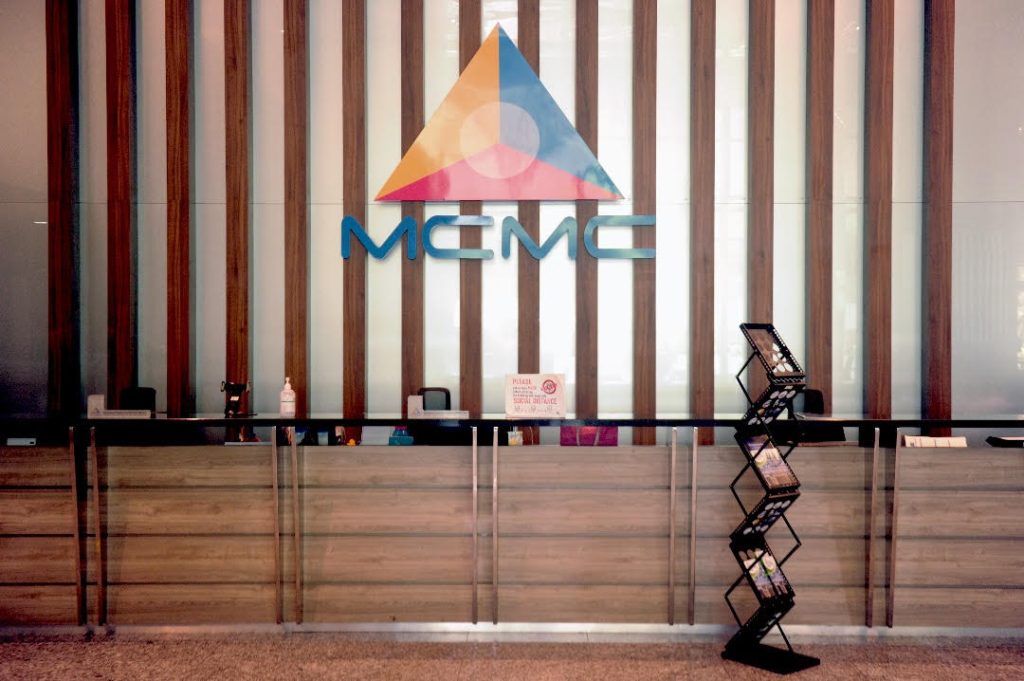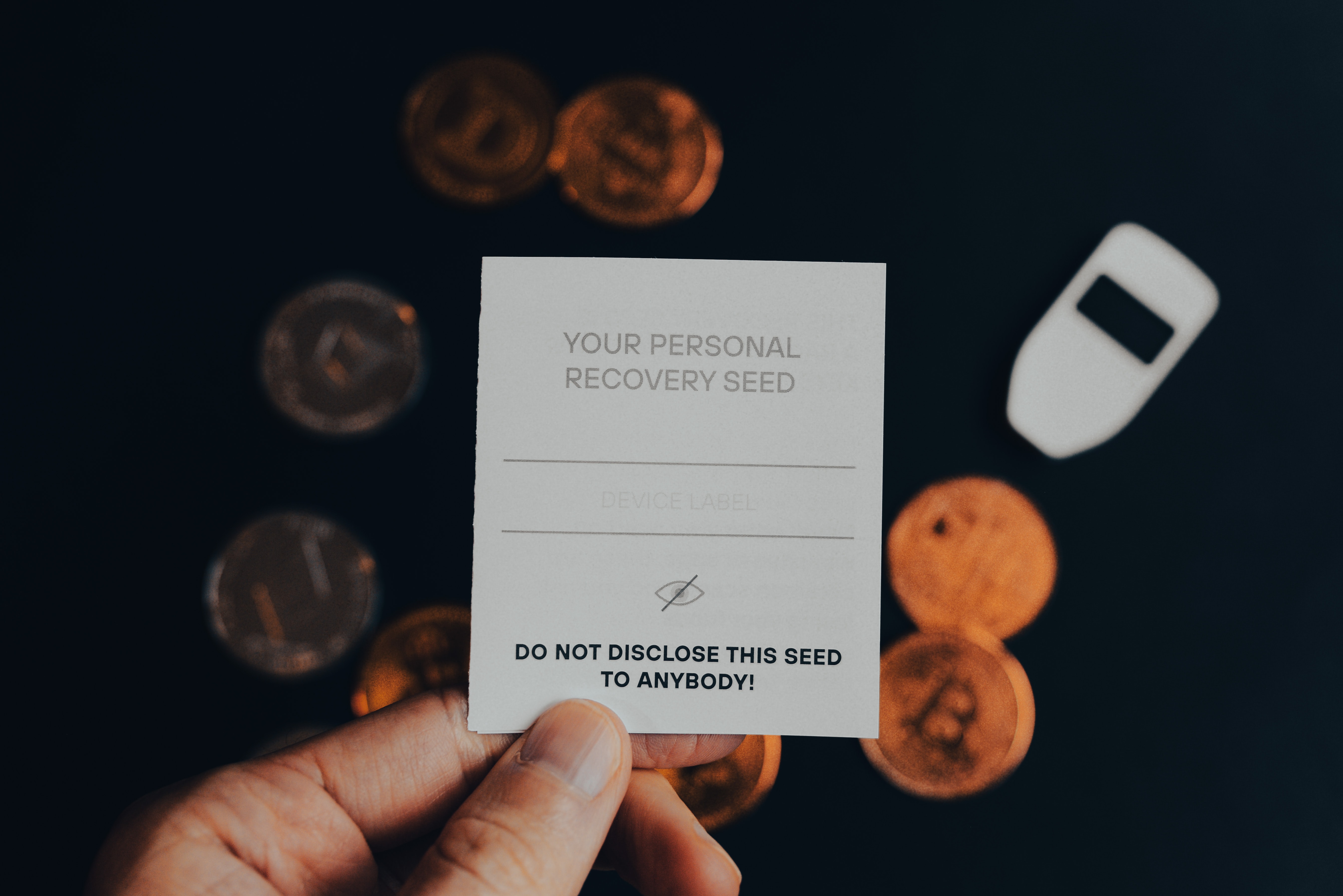3 Simple Tips From MCMC To Help You Avoid Falling Prey To Scams
The best practice is to always doubt everything.
We all know that scams, be it online or via calls and texts, are rampant these days, but do you know just how many are out there?
According to the Malaysian Communications and Multimedia Commission (MCMC), they have blocked 1.9 billion scam calls from 2017 to last year. And since 2018, they've blocked a total of 581 million scam messages via SMS.
What these staggering numbers tell us is that it's important to be careful in our daily lives, and take care to ensure that we don't fall victim to these scams. One should pay particular attention during festive seasons, when seasonal scams like the 'house-cleaning agency' tend to pop up on social media.
Additionally, people who have fallen prey to scams should call the National Scam Response Centre (NSRC) at 997 to make a report, so that immediate action can be taken. Not only will this help protect someone else from falling for the same scam, it could also prevent the victim from losing money.
1. Know who you're dealing with
Use the SemakMule Portal to check if bank accounts or phone numbers have been used in a crime.
Image via Smartmockups (Edited by SAYS)If you're contacted by someone, take the time to do some research into the person or organisation. Do a Google image search on any photos they've shared to see if they're stock images or try to find forums where others may have posted about them.
You should also verify the person's identity and/or contact details through an independent source online or via directory search. Don't use the contact details provided in the message sent to you.
Official contact details like hotline telephone numbers, emails, and direct numbers can be found on the monthly statement you receive from your financial institution. The important thing is that you initiate the communication using verified information.
A nifty resource is the SemakMule Portal, which you can use to check whether specific bank accounts or phone numbers have been recently involved in a crime.
Do not open suspicious texts or pop-up windows, and definitely don't click on links and attachments in emails. Just delete them.
2. Be alert and always think twice
The best practice is to always doubt everything, especially when dealing with unsolicited communications from people or businesses. Whether it's over the phone, by email, or via social media, always consider the possibility that something could be a scam. Remember that if something seems too good to be true, it probably is.
And it's not just strangers you should be careful of, as scammers may even try to trick you by posing as someone you know or by hacking into your existing contact list.
For example, you may suddenly receive a message or an email from a 'friend', but it may seem unusual or out of character for them. These messages usually involve claiming to be in trouble and asking you for money, which many gladly give to help out a friend, only to later realise that they've been scammed.
If this happens, you should immediately contact mutual friends or family members to find out the real situation, or even call your friend directly to determine if it's really them who messaged you.
Additionally, you should regularly review your account statement to spot any unauthorised activities. Make sure you receive your monthly statement on time and review it to confirm your transactions. The earlier you identify a security breach, the higher the chances of your financial institution being able to identify and rectify it, thus minimising financial loss.
3. Don't give out personal information or agree to proxy requests
When dealing with unsolicited requests, beware of any request for your details or money. It's important to never provide personal information like credit card details, online account details, or copies of personal documents to anyone you don't know or trust. And of course, you should never send them money either.
Do not give anyone your password over unsolicited and unverified communication channels. Your financial institution would never ask you to verify any information online. If there's a problem with your account, your financial institution will ask you to come over personally to rectify it.
Also, don't agree to transfer money or goods for someone else. Scammers often use unsuspecting victims to help them in their money laundering schemes, which is a criminal offence.
Another popular scam method is via fake news, through which scammers share false reports in order to trick people into doing something
In an effort to prevent this, and also to improve the public's media literacy as a whole, MCMC created the sebenarnya.my platform. It is a one-stop centre where you can check and verify blogs and websites, as well as news items you receive through social media and messaging services. By using the portal, you'll be able to get these items verified by official channels or relevant government agencies.
The portal has received 314 million visits since its launch, and on average, receives up to 4.5 million hits per month.
The Royal Malaysian Police (PDRM) has opened a total of 324 investigations, 50 of which have been prosecuted in court.
So, the next time you're in doubt about something you've read online, use sebenarnya.my to verify if it's true!
If it's not, you can lodge a report to PDRM's Commercial Crime Investigation Department Scam Response Centre at 03-26101559 and 03-26101599.
Alternatively, you can also make a report via MCMC's website, email them at [email protected], or WhatsApp them at 016-220 6262.





